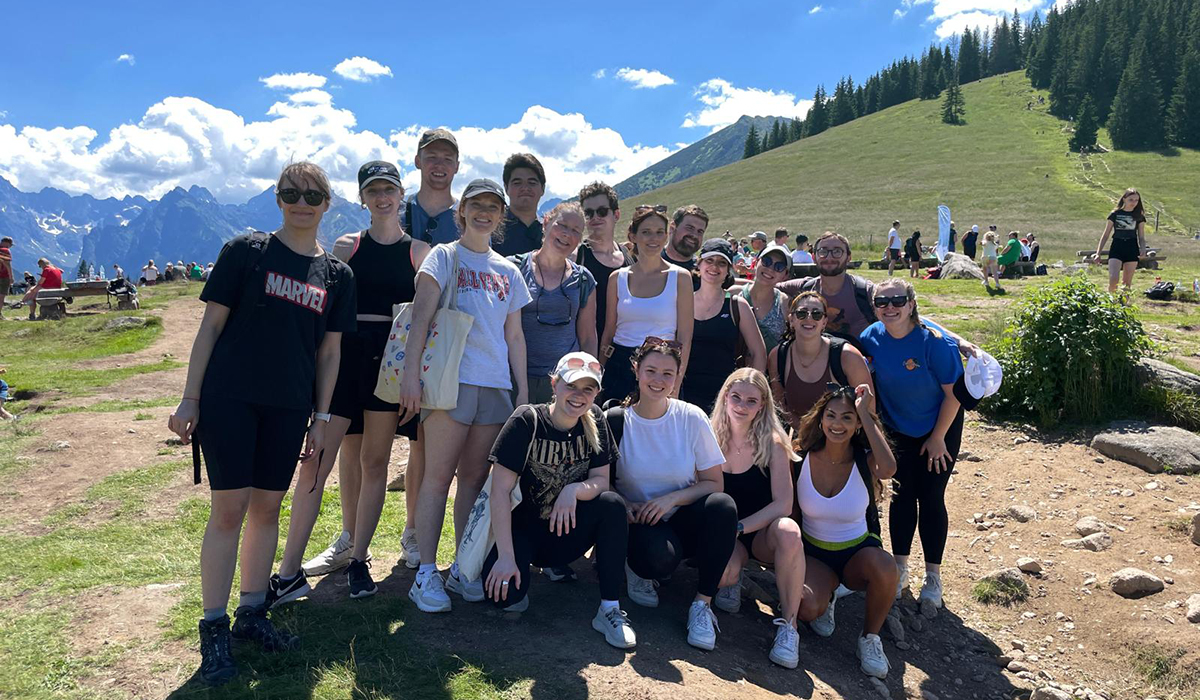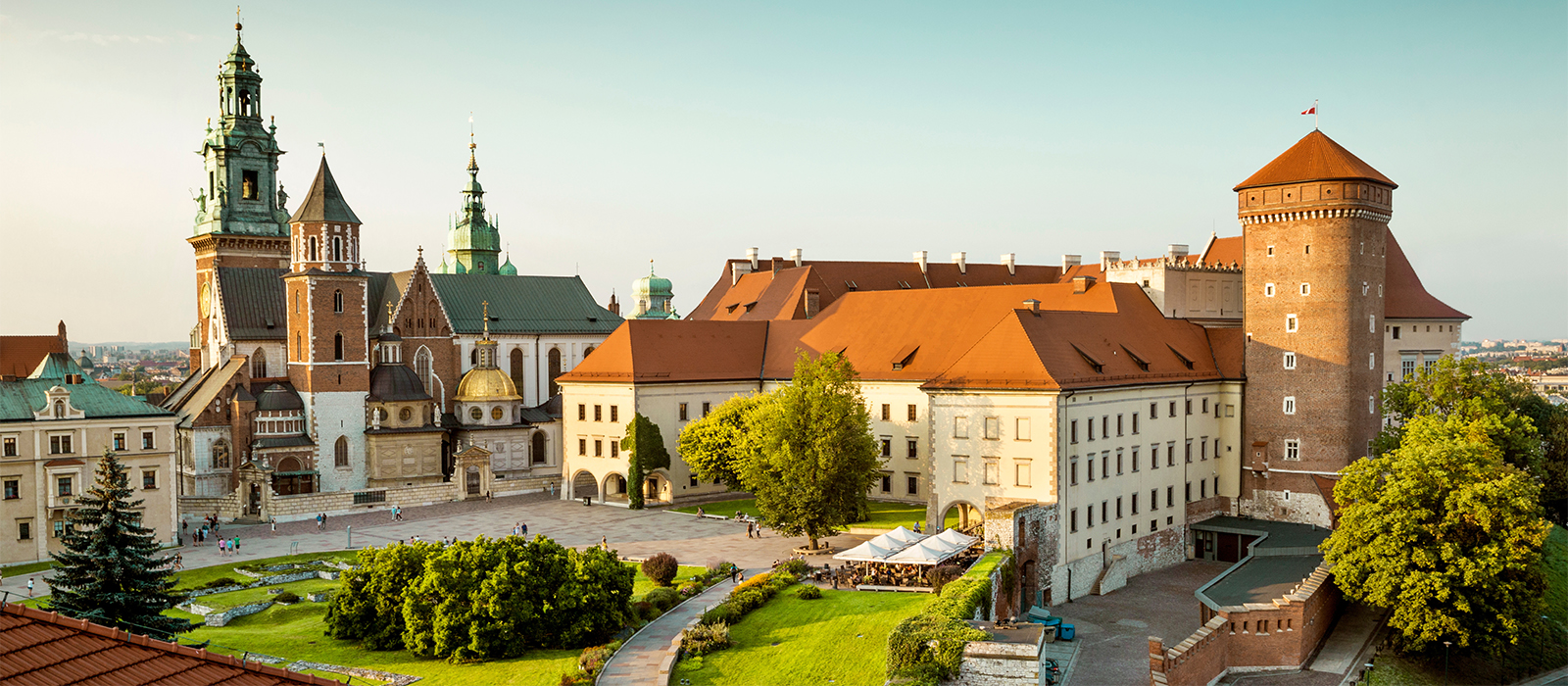Monday, June 8 to Wednesday, July 15, 2026

International Business and Trade Summer Law Program in Kraków Poland
Spend your summer studying European Union Law, International Investment Law, and other courses at the historic Jagiellonian University in Kraków, one of Europe’s oldest and most prestigious universities.
The IBTSLP program brings together American, Polish & other EU law students, creating a unique cross-cultural experience that combines rigorous academics with hands-on learning. You’ll attend classes in English with both American and Polish faculty, explore comparative perspectives on international business law, and engage in co-curricular activities that foster lasting friendships and professional connections.
Beyond the classroom, enjoy cultural excursions, meet fellow law students and legal professionals, and experience the vibrant life of Kraków – a city where history and modern energy collide.
IBTSLP 2026 In a Nutshell
- Dates: June 7 - July 15, 2026
The Program Orientation is on Sunday, June 7 at 3 p.m., so students are encouraged to arrive in Kraków on Saturday, June 6. Classes begin Monday, June 8. - Courses Offered:
–Law of the European Union, Dr. Marta Janina Kuklo
–America at 250: Individual Rights at the American Founding, the Supreme Court, and the United Nations, Professor Derek Webb
–Comparative Tax Law, Professor Regina Jefferson
–International Investment Law, Dr. Piotr Szwedo
For course descriptions click here.
- Optional Externships: Earn academic credit while working with top law firms, businesses, and legal organizations in Warsaw, Kraków, and other cities in Poland.
- Experiential Learning: Students completing an externship also take the online course Becoming an International Lawyer to fulfill part of their graduation requirements
- Alumni Network: Benefit from a strong network connecting European and American graduates for lasting professional relationships.
Kraków – Historic University Town & International Hub
Kraków experienced significant globalization in the past 20 years, and today, is a city center with a thriving base for international businesses with a focus on outsourcing. Despite its growth as a free market economy and European leader, Kraków retains its old world charm. Kraków's center, known as Rynek Glowny (Market Square), spans approximately ten acres, and is by far the largest city plaza in Europe. The Rynek Glowny is teeming with busy cafes, clubs, restaurants, shopping, antiques and endless curiosities for locals and visitors to explore. A city on UNESCO's World Natural and Cultural Heritage list, Kraków is one of Europe's vibrant masterpieces known for its architectural beauty and cultural heritage.
Jagiellonian University hosts our program. Jagiellonian University is a 14th- century institution renowned for its distinguished alumni, including Copernicus and Pope John Paul II. The university's law faculty is regarded as one of the finest in Central Europe. IBTSLP classes are held in English, bringing American, Polish, and other EU students together in a unique cross-cultural learning environment.
With more than 40,000 students attending the Jagiellonian University, Kraków is in many ways the quintessential college town. June and July are the busiest months in Kraków for cultural and music festivals, including historic and traditional religious celebrations, month-long jazz and opera music festivals, and numerous other theatrical and musical events happening almost daily in the market square.
The Kraków Summer Law Program from The Catholic University of America, is fully accredited by the American Bar Association.

